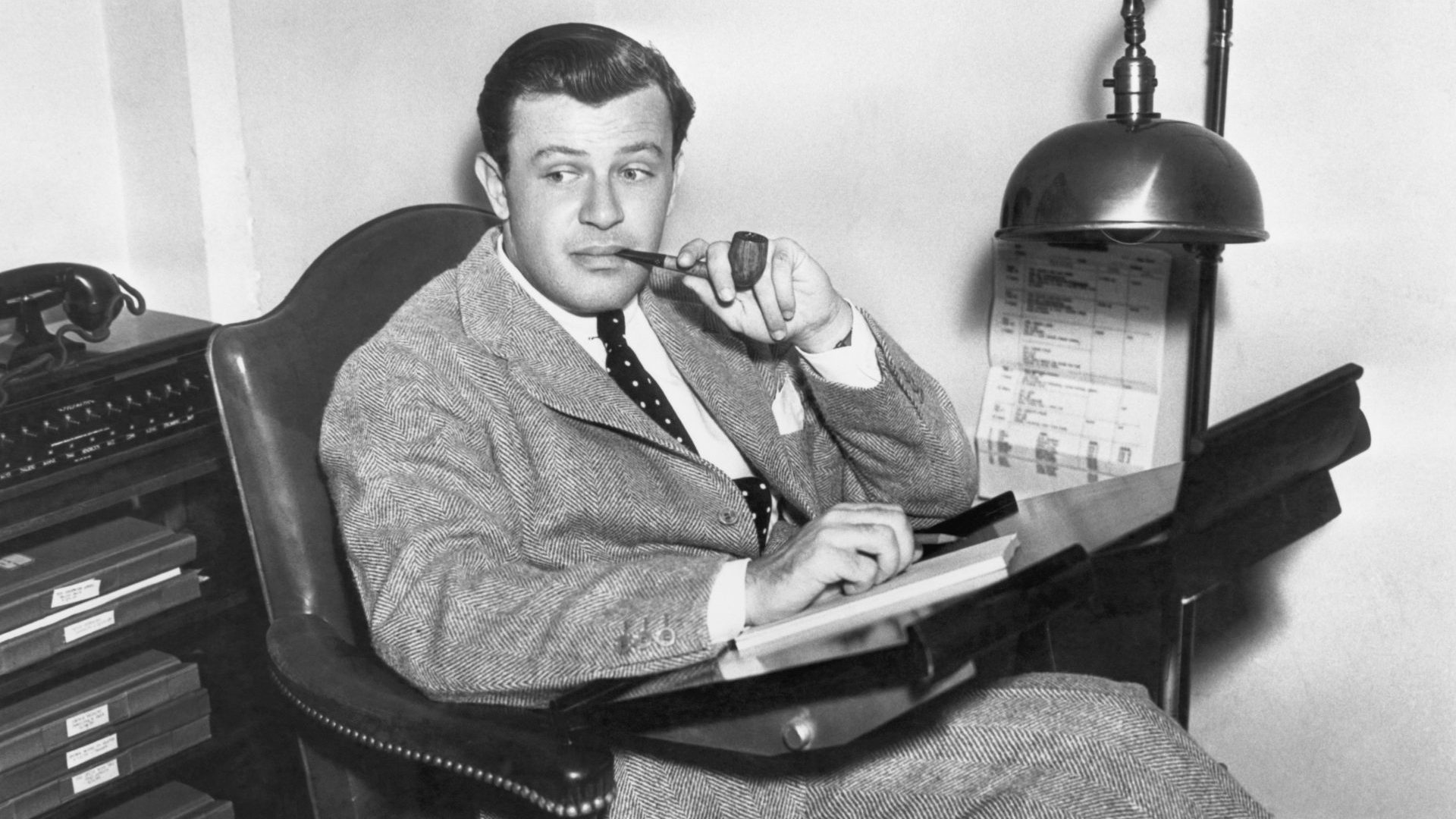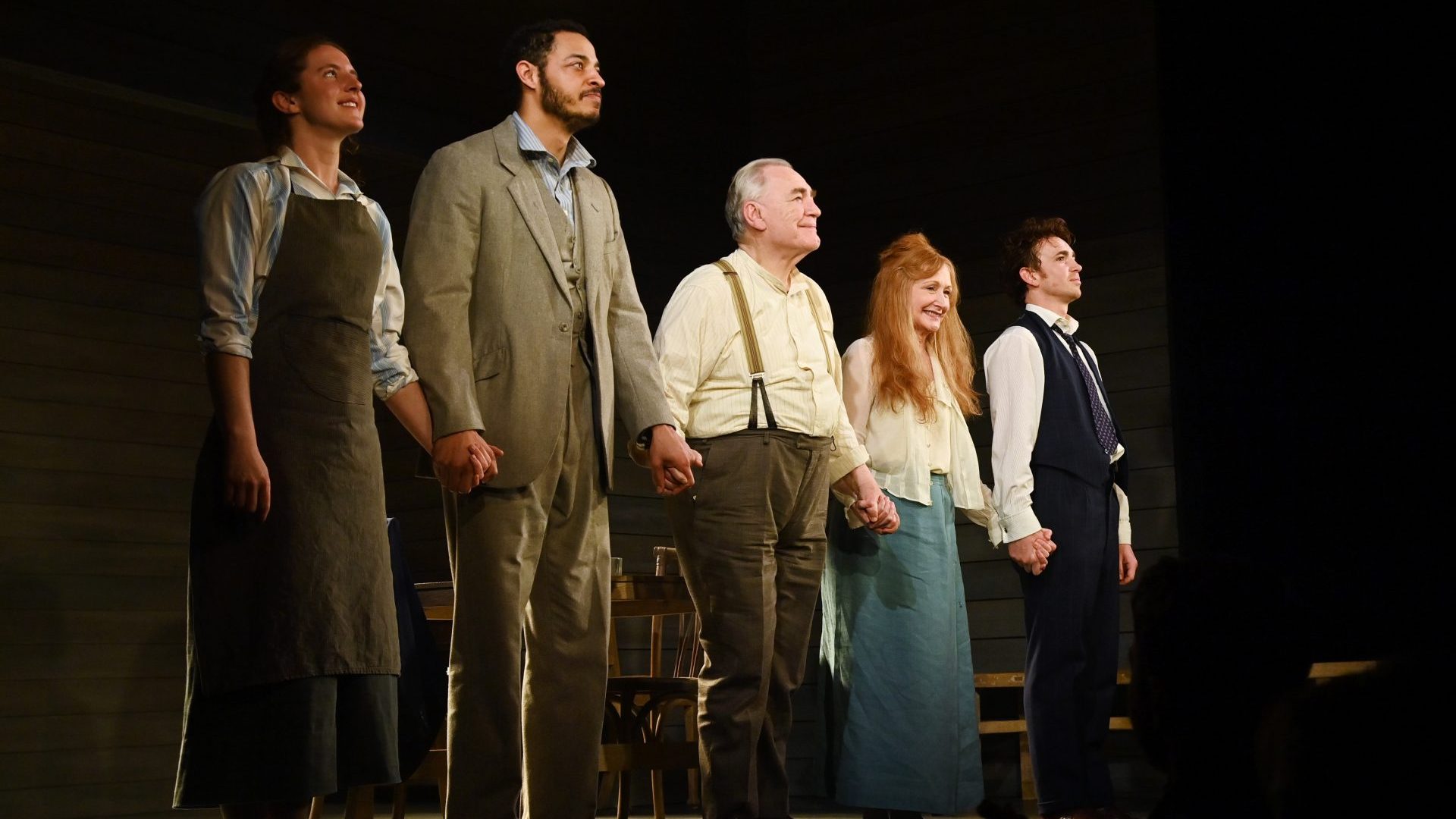While Donald Trump is hardly a laughing matter, there has always been something amusing about his relationship with his three wives.
The ultimate “Bridge and Tunnel” person, the Manhattanites’ term of derision for anyone unlucky enough to have been born outside of New York City itself, the Queens-born-and-bred Trump has always had the need to make New Yorkers pay attention.
His first wife, the late Ivana Trump, was a go-getter. She had what passed for taste in Trump World and understood the game of New York City. It was she who made his burgeoning empire of buildings and casinos maybe worthy of their patronage.
When he divorced her for a younger woman, it was not only inevitable but fodder for a movie. And along one came…
The First Wives Club (1996) features a cameo from a very triumphant and prosperous-looking Ivana, who tells the three protagonists ditched by their husbands for younger women: “Don’t get mad, get even.”
While I watched this, I couldn’t help thinking of Joe Mankiewicz. What he would have done.
Mankiewicz was my teacher and mentor in New York City in the 1980s, and it is true that you can be too young to know who you’re working with. Too young to know who this nice old guy who encouraged your writing was. And still is.
“Joe” – and that’s what I called him – did these things, among others:
He created what came to be known as the partnership of Spencer Tracy and Katharine Hepburn, on screen and in life.
He gave the world Bette Davis in her immortal role as Margo Channing, diva of All About Eve.
His last picture was Sleuth, which Michael Caine steals from Laurence Olivier. Because, while Olivier declaimed in his beautiful voice and pronunciation, Caine talked.
The picture that ended his career as a major Hollywood player though was Cleopatra, in which Elizabeth Taylor overwhelms every element of it, every inch of screen. Even when she is not there.
Bette Davis almost does this in All About Eve. Katharine Hepburn almost does it in Suddenly, Last Summer, made by Mankiewicz immediately before Cleopatra. Her last gesture to him when the cry “cut!” went out for the final time was to spit in his face for what she perceived was his ill-treatment of a mentally and physically sick Montgomery Clift.
But the point here is that Joe gave women agency, even if they were wearing an apron; even if they were frightened about losing a man.
In A Letter to Three Wives (1949), Joe adapts for the screen and directs a film in which women talk.
Not just a soundtrack, but they actually make you listen. And you have to sit there and listen, hear their stories, hear their voices.
This is not “deep focus”; not the interpretive camera of “film noir” or of a Cocteau. Mankiewicz says that if you stay, you will listen.
It is interesting to watch Kirk Douglas, who later became a lion of the movies, play a meek little school teacher, maybe one of the husbands who ran away with the best friend.
Joe relegates the men to not only supporting roles, but as bits of furniture that the women negotiate or set aside or sit on. A Letter to Three Wives is dated now, but then it pinpointed a kind of inner dialogue in which the former factory girls, and military women, now relegated to the kitchen and the babies, could see who they once were.
The movie struck a chord, told a story, and you had to listen. Pay attention.
Mankiewicz loved writers and writing for the screen. He held the fort in mainstream cinema for us before television lured the audiences to that big black box in the living room.
He would have loved Don the Con’s trashy life. He would have enjoyed chronicling his fall.




